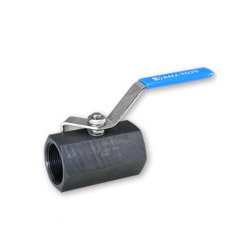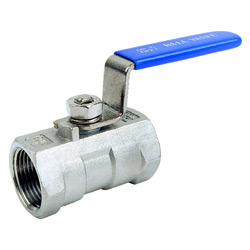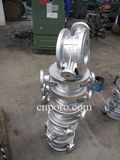Limited storage facilities are hampering China's efforts to import large volumes of oil while world prices are relatively low, an official with the Guangzhou customs house told an energy conference here Friday.
Zhong Yanming, head of data analysis of the statistical department of the customs office, said he reached this conclusion based on monthly import figures last year.
Zhong made his comments at a meeting on the liquefied petroleum gas industry in this capital city of south China's Hainan Province. The three-day event, due to end Friday, was sponsored by the municipal petroleum council of Guangzhou.
Zhong said after peaking at 4.7 million tonnes in May, refined oil imports fell from August to November, when they bottomed at less than 2 million tonnes.
The import decline happened even though oil prices were plunging from their July peak of about 147 U.S. dollars per barrel.
This paradoxical result was due mainly to low storage capacity, Zhong noted.
Although it has built four national bases for oil storage, China can only maintain reserves equivalent to a week's use, in comparison with 150 days in the United States and 200 days in Japan, according to Zhong.
The National Development and Reform Commission, China's top planning agency, has said that the goal was to increase reserves to a level equivalent to three months of imports.
China has established a center to manage its strategic oil reserves. The center is in charge of stockpiling crude and releasing reserves, as well as monitoring domestic and global oil supply and demand.
Earlier media reports said China had started planning the second phase of its strategic oil reserves. This would include a number of bases in the western regions, including Lanzhou in Gansu Province.
According to the China Petroleum and Chemical Industry Association, the country produced nearly 190 million tonnes of crude last year, up 2.3 percent year-on-year. Imports rose 9.6 percent to 179 million tonnes.
 mailto :value@007uk.com
mailto :value@007uk.com



